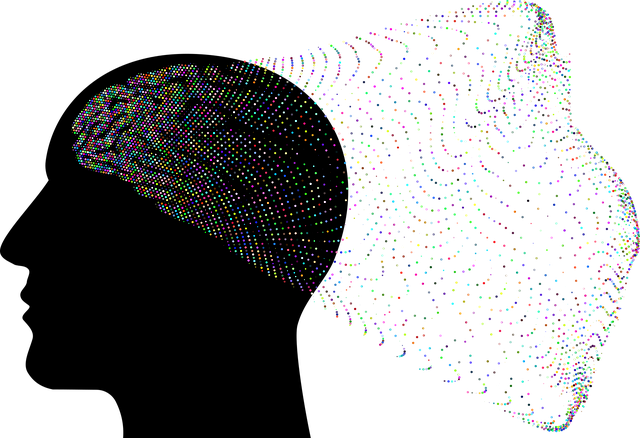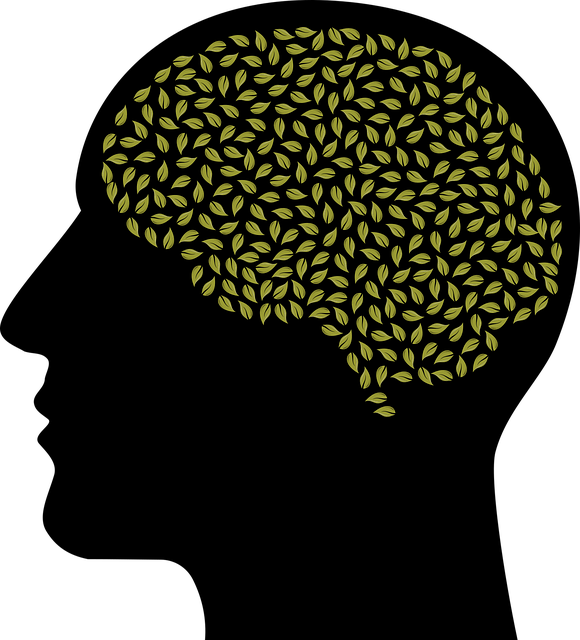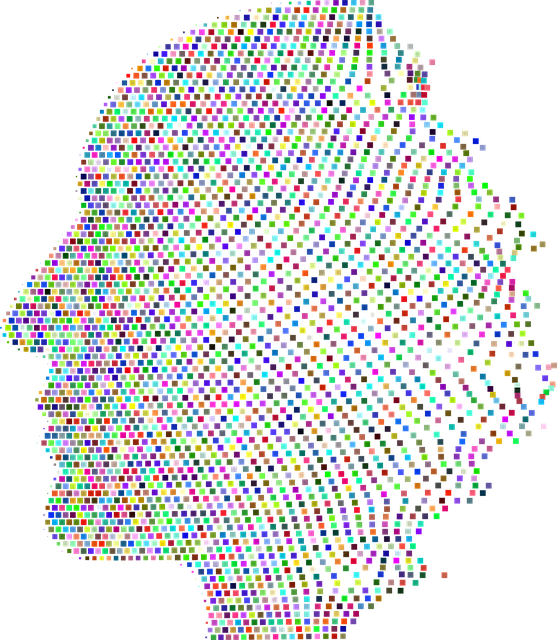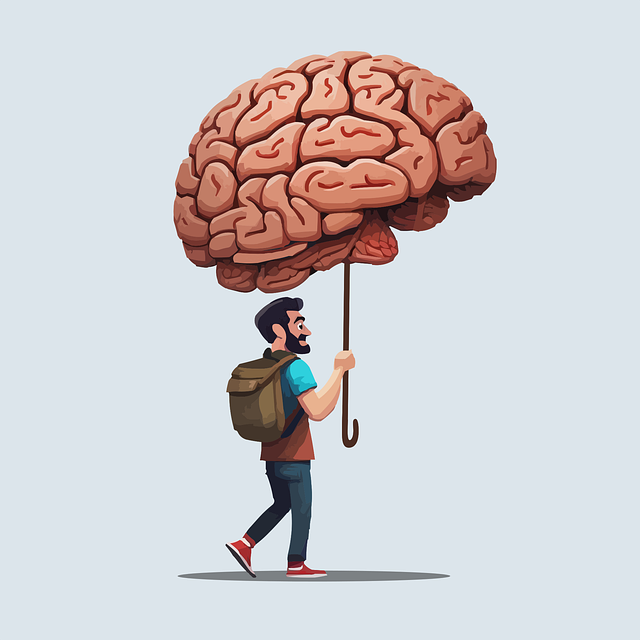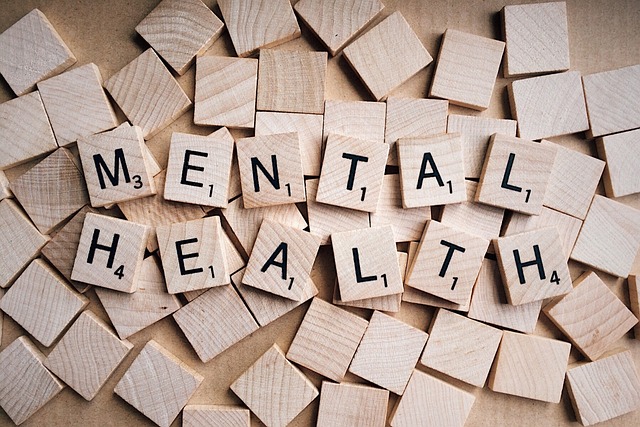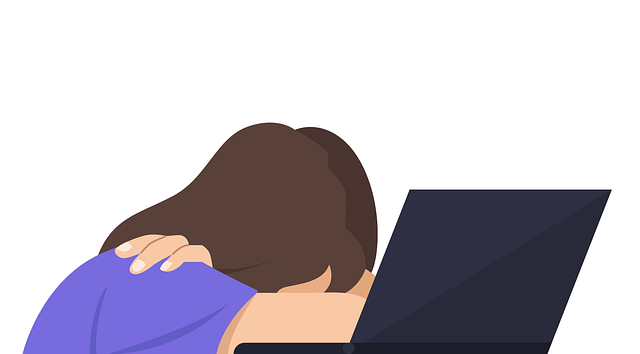Mental health challenges in elders and new parents, especially postpartum mothers, are often overlooked but require significant attention due to unique factors like age-related mental health issues, social isolation, hormonal changes, and sleep deprivation. Tailored therapy for elders should engage them in meaningful activities while combating stigma. For postpartum parents, communication strategies reduce stigma through education and support networks, enabling earlier intervention. Technology has revolutionized therapy with accessible digital solutions like online platforms, apps, and podcasts. User-friendly interfaces are crucial for mental wellness apps focusing on depression management, addressing accessibility issues for elders. Integrating evidence-based practices enhances holistic emotional healing. Prioritizing privacy, safety, and accessibility is paramount in app development, ensuring robust security measures and support while preserving users' sensitive data.
Mental wellness apps are transforming the way we approach mental health support, offering accessible solutions for aging populations and new parents grappling with postpartum depression. This article delves into the growing need for digital tools tailored to elders’ and postpartum parents’ unique challenges. We explore technology’s role in therapy, emphasizing user-friendly designs, and discuss crucial considerations for app developers to ensure safety, privacy, and accessibility. By harnessing the power of tech, we aim to illuminate innovative approaches to mental wellness support.
- Understanding Mental Health Challenges Among Elders and Postpartum Parents
- The Role of Technology: Exploring Digital Solutions for Therapy
- Designing User-Friendly Apps for Effective Depression Management
- Ensuring Privacy, Safety, and Accessibility in Elderly and Postpartum Users' Mental Wellness Apps
Understanding Mental Health Challenges Among Elders and Postpartum Parents

Mental health challenges among elders and postpartum parents are often overlooked but require significant attention due to their unique circumstances. Elders may face age-related mental health issues such as depression, anxiety, and cognitive decline, exacerbated by social isolation and physical health problems. Developing therapy for elders tailored to these complexities is essential, focusing on engaging them in meaningful activities that foster resilience building while addressing potential stigma associated with mental illness.
Postpartum parents, particularly mothers, are susceptible to severe mental health conditions like postpartum depression due to the significant hormonal changes, sleep deprivation, and overwhelming new responsibilities. Implementing communication strategies for both elders and new parents can help reduce stigma through education and support networks. Efforts aimed at mental illness stigma reduction in these populations can enable earlier intervention and better access to resources, ultimately enhancing their overall well-being.
The Role of Technology: Exploring Digital Solutions for Therapy

Technology has revolutionized therapy, offering innovative digital solutions to support mental wellness, especially for vulnerable populations like elders and those experiencing postpartum depression. Online platforms and apps provide accessible, convenient, and often cost-effective alternatives to traditional in-person therapy. Through video conferencing, users can connect with therapists from the comfort of their homes, breaking down geographical barriers.
This shift towards digital therapies is further amplified by the growing popularity of mental wellness podcast series production, which combines audio content with therapeutic techniques. Moreover, apps designed for anxiety relief incorporate features like mindfulness exercises, meditation guides, and mood tracking to empower users in managing their mental health. Additionally, Risk Management Planning for Mental Health Professionals benefits from these technological advancements, ensuring safer and more efficient practice.
Designing User-Friendly Apps for Effective Depression Management

In developing mental wellness apps, creating user-friendly interfaces is paramount for effective depression management. These applications should be designed with simplicity and intuitiveness in mind, ensuring that users of all ages, especially elders, can navigate them effortlessly. For instance, incorporating clear, uncluttered layouts and large buttons or icons can significantly enhance usability. Features like simple registration processes and straightforward progress tracking also contribute to user retention and engagement. When tailored for therapy among elders experiencing postpartum depression, these apps must consider accessibility issues, such as supporting text-to-speech functionality or offering audio options for those with visual impairments.
Integrating evidence-based practices like compassion cultivation and mind over matter principles can complement traditional therapy for a holistic emotional healing process. Mental wellness apps should offer personalized content, allowing users to engage in activities that foster self-care, mindfulness, and positive thinking. By combining user-friendly design with effective therapeutic techniques, these applications can play a pivotal role in empowering individuals to manage their mental health proactively, especially when targeted at specific demographics such as elders or new mothers grappling with postpartum depression.
Ensuring Privacy, Safety, and Accessibility in Elderly and Postpartum Users' Mental Wellness Apps

When developing mental wellness apps catering to elderly and postpartum users, prioritizing privacy, safety, and accessibility is paramount. Elderly individuals often require specialized care, making it crucial for app developers to implement robust security measures that safeguard sensitive health data. Encryption techniques, secure login systems, and regular data backups are essential components to ensure confidentiality and prevent unauthorized access.
Postpartum depression (PPD) is a common yet serious condition that necessitates a supportive digital environment. Incorporating features like anonymous chat forums, personalized mindfulness meditation practices, and self-care tracking tools can empower users while maintaining their privacy. Additionally, developers should consider burnout prevention strategies for healthcare providers who may use these apps to support themselves or refer patients, fostering a holistic approach to mental wellness.
The development of mental wellness apps offers a promising avenue to address the unique challenges faced by elderly individuals and postpartum parents. By leveraging technology, we can provide accessible, user-friendly tools for managing depression and promoting overall well-being. As we navigate the digital landscape, it’s crucial to prioritize privacy, safety, and accessibility to ensure these apps cater to the specific needs of vulnerable populations. Through careful design and an evidence-based approach, we can revolutionize therapy, making it more inclusive and effective for all.


